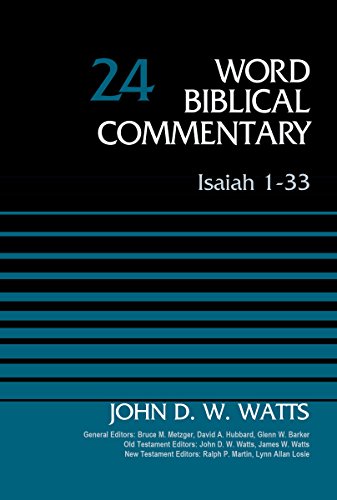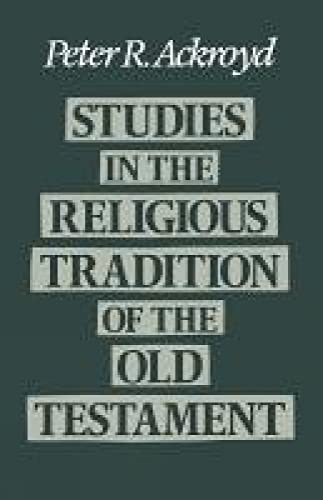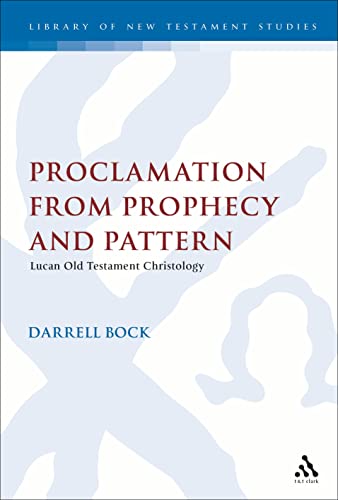Volume 15 - Issue 1
History, faith and ethics
By David WenhamIncoming governments characteristically blame their problems on the preceding administration. As incoming editor of Themelios my feelings are the reverse. Readers will doubtless join in a warm expression of thanks to Rev. Dr David Wenham who has edited the journal so competently for eight years. We are delighted, however, that Dr Wenham’s services to Themelios will not be lost. He joins the ranks of Associate Editors, with particular responsibility for the NT field. We are also pleased to welcome Dr David Lim to the team of International Editors. Dr Lim is Academic Dean at the Asia Theological Seminary, Manila, Philippines.
After such a lengthy period in the hands of a NT scholar, readers may be tempted to see in the decidedly OT flavour of this first issue under new management a reflection of the new editor’s field of interest. They would not be entirely mistaken, but the truth is that on this point at least I can lay most of the responsibility on the last ‘government’ for the excellent contributions I inherited.
John Bimson’s survey of the present state of historical research on the emergence of Israel in Canaan and the review article on yet another History of Israel focus our thoughts on what for many theological students is one of the most difficult issues that confronts them—the historicity of the biblical narrative. What the articles show clearly is that even in the ranks of evangelical scholarship there is no standard or unanimous ‘position’, either on the level or nature of historicity in accounts which all accept as the word of God, or in the reconstruction of Israel’s history from all the available evidence. Bimson most helpfully classifies a bewildering range of theories on the origins of Israel and in the process critiques the views of evangelical scholars who themselves critique others. Students would do well to consult fuller developments of his own position referred to in the bibliography. It is clear that a commitment to the truthfulness of the biblical narrative does not prohibit us from acknowledging that the historical processes involved were much more complex and included many more events than the biblical story has chosen to incorporate. To say that biblical history is theological history is by no means to denigrate its value as history. All history writing proceeds from some interpretative frame-work which governs the selection of recorded events and processes. But it does mean that we need not adopt a suspicious stance towards all ‘scientific’ historical research on biblical times just because it comes up with theories about ‘what actually happened’ which are not in the Bible. We do need to cultivate humility, both before the biblical historical text in the same way and for the same reasons as humility should characterize our approach to any part of the Bible, and before the extra-biblical evidence presented (not invented!) by historical researchers.
Robert Jackson’s article may at first sight seem unrelated to the dominant theme in this issue. But in fact it represents a very healthy counterbalance inasmuch as it tackles a brand of theology which makes heavy use of the OT but does so within a seriously distorted interpretative framework. And it is to the addressing of this kind of practical issue that all our study of the Scriptures must ultimately lead if it is not to remain finally antiquarian and irrelevant. For just supposing John Bimson’s dream were to be realized and he were to put together a reconstruction of Israel’s origins upon which all scholars unanimously agreed (I said it was a dream!), taking into account the biblical narrative and squaring with all the archaeological findings.… We should still be left with the question, So what? Why Israel? What is the meaning and purpose of this people? What is the significance of their history being so painstakingly recorded in our Scriptures?
To answer those questions takes us beyond history alone into the area of faith and ethics. Faith, because it was Israel’s religious belief (shared by Christians) that their history was actually God at work for the redemption of humanity and creation. Ethics, because their perception of that history was articulated in a covenant commitment which demanded a distinctive ethical response from them. Whatever our final (or provisional) viewpoint on the historical problems of Israel’s emergence, emerge they certainly did. And from our earliest records of them, we find this insistence that to be Israel was to be something different. They were the people of Yahweh, and were called to demonstrate it by living as the people of Yahweh in the midst of the nations. Israel’s history took place on a very public stage, for good (Dt. 4:5–8) or ill (Dt. 29:22–28). Israel was thus called to a mission and an ethic (cf. Gn. 18:18–19; Ex. 19:4–6) and that fundamentally is the heart of the relevance of their history to us, their spiritual heirs.
It is within this context that as Christians we value the work of the historians and learn from them even while reserving the right to disagree even radically with their presuppositions or conclusions. Bimson exposes some of the critical weaknesses in Gottwald’s reconstruction of Israel’s origins, for example, and others have rejected his ideological tailoring of all the OT material to his own sociological dogma. Nevertheless, one unquestionable service Gottwald has rendered is to demonstrate the link (he would call it a structural-functional mutual dependency!) between Israel’s religious faith, especially as regards the portrayal of Yahweh, and their social, economic and political structures and ideals. To him, Yahweh was cast in a certain form as a ‘feedback servo-mechanism’ in support of their social struggle and thrust to egalitarianism. To us, it was the other way round. Israel’s remarkable economic and political transformation of Canaan, and their insatiable drive for justice and the protection of the weak, vulnerable and marginalized, were reflections of the character and demands of the God they worshipped. This was what it meant to ‘walk in the way of the LORD’ (Dt. 10:12–19). To be an Israelite, to worship Yahweh, was to be committed to certain social and personal ethical ideals. That he has shown to be a matter of historical fact in itself.
So our study of OT history cannot stop with a mere recounting of rearranged facts. For us, as for them, history demands response. But our response must match the paradigm of Israel’s own response, in the covenant law and the prophetic demand based on it. Failure to do so is what makes the ‘prosperity gospel’, so carefully exposed by Jackson, so insidious. It has the appearance of biblical form, but denies the content of a major biblical ethical thrust. As students of the Bible, then, let us present ourselves as workmen with no need to be ashamed of the thoroughness of our critical research and historical carefulness. But let us not lose sight of the point of the exercise, which is that the Scriptures are given to be profitable for salvation and for ‘training in justice’ (2 Tim. 2:16; 3:15–17).
David Wenham
Wycliffe Hall






